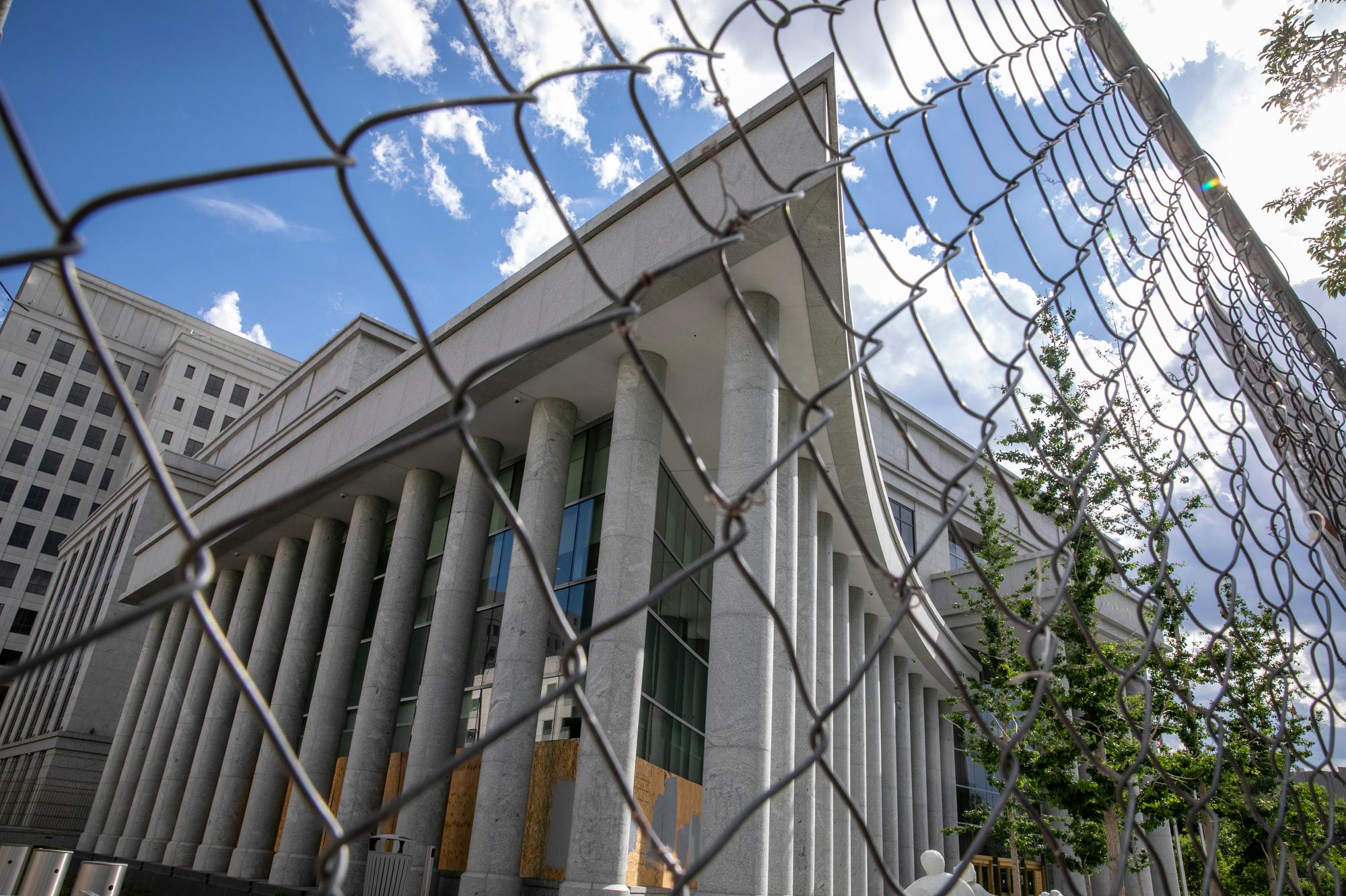
At least one person who took this week’s bar exam has tested positive for COVID-19, according to state officials.
The examinee, an asymptomatic carrier, was tested before he or she began the bar exam at the University of Denver and received results after it concluded on Wednesday.
According to Jessica Yates, Attorney Regulation Counsel for the Colorado Supreme Court, the examinee passed every screening test required, including two temperature checks and four health questionnaires. She said people in the same room weren't at a high risk.
“We have been in touch with both DU and the Denver Department of Public Health and Environment,” Yates said in an email. “Because of the wearing of masks, particularly with 6-foot distancing, they do not deem the testing environment as 'close contact' with a COVID positive person.”
There were 22 other people in the room where the examinee took the bar exam, all of whom were informed of possible exposure late Wednesday.
A spokesperson for DU, where the test was administered, said a response team was deployed to trace any potential new infections.
“In circumstances when a community member or visitor to campus informs the University of Denver that they have tested positive for COVID-19, the University initiates a contact tracing protocol so that anyone who may have been exposed to the virus is promptly notified,” the university spokesperson said.
Frances Oliver, a graduate of DU Law, heard from one of those contact tracers. She was in the same room as the examinee that tested positive. Oliver said the tracer told her it wasn’t required to self-quarantine or get tested, because they didn’t consider the testing environment to be “close contact.”
“We were as appropriately spaced out as could be,” Oliver said. “But the idea that that means that you're not coming into close contact with people is, I think, absurd.”
The exam took place across two days. While Oliver felt the screening tests were thorough and well executed, she said she was uncomfortable with some parts of her experience.
“Going to the bathroom and that process,” she said. “That's where I felt like it broke down the most. The way bathrooms are set up, it's just impossible to organize and maintain that space.”
This year’s bar exam was the subject of a contentious debate between Colorado judicial authorities and law school graduates. Students organized in an attempt to cancel the exam, citing concerns over the rising number of cases in Colorado.
In addition to a public petition, this group sent letters to members of the Colorado Supreme Court, as well as dozens of anonymous testimonials detailing the personal impacts of the pandemic.
Students were advocating in particular for “diploma privilege,” which would have allowed prospective lawyers to practice law in Colorado without taking an exam. Judicial officials rejected their request, and instead implemented new safety protocols and allowed students to practice limited, supervised law.
Law students released a statement saying this situation is a cautionary tale for other states.
"We hope other jurisdictions holding in-person bar examinations will take this event as a lesson that no matter how safe you think you are being, you cannot prevent an asymptomatic carrier, including those acting in good faith and completely unaware of their infected status, from sitting the exam," the statement said.
Judicial officials will notify the public should any other examinee test positive for COVID-19.









